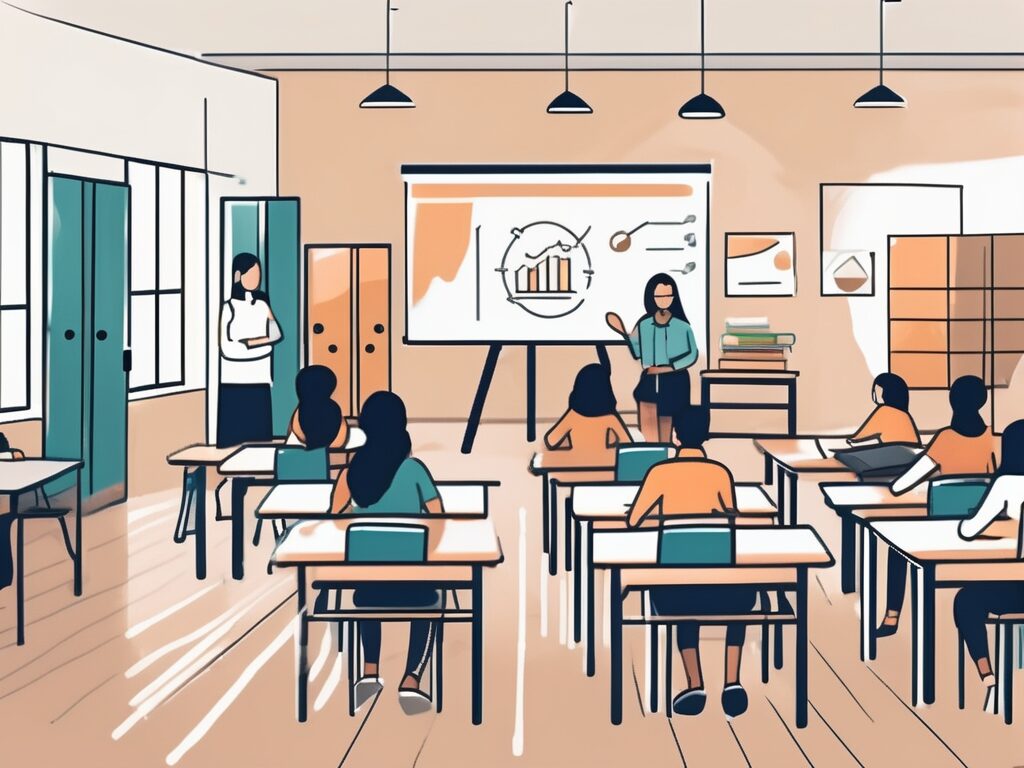html
Overcoming 6 Key Education Barriers for Teachers with a MA in Singapore
In the vibrant educational landscape of Singapore, teachers with a Master’s degree (MA) are often seen as the backbone of progressive teaching methodologies. However, despite their advanced qualifications, many educators face significant barriers that can hinder their effectiveness and career progression. This blog post aims to explore the six key education barriers that teachers with an MA in Singapore encounter and provide actionable insights on how to overcome them. By addressing these challenges, we can empower educators to thrive in their roles and contribute to a more inclusive and effective education system.
1. Limited Professional Development Opportunities
One of the most pressing barriers for teachers with an MA in Singapore is the lack of continuous professional development (CPD) opportunities. While initial qualifications are essential, ongoing training is crucial for keeping up with the latest educational trends and methodologies. Many teachers find themselves in a stagnant environment where opportunities for growth are scarce.
To overcome this barrier, educators should actively seek out workshops, seminars, and online courses that align with their professional goals. Networking with other educators can also open doors to collaborative learning experiences. For instance, joining local teaching associations can provide access to exclusive CPD resources and events.
2. High Workload and Burnout
Teachers in Singapore often face an overwhelming workload, which can lead to burnout and decreased job satisfaction. The pressure to meet academic standards, manage classroom behaviour, and engage in administrative tasks can be daunting, especially for those with advanced degrees who may feel the need to excel in all areas.
To combat burnout, teachers should prioritise self-care and time management. Setting realistic goals and boundaries can help maintain a healthy work-life balance. Additionally, schools should foster a supportive environment where teachers can share their challenges and seek assistance from colleagues or administration.
3. Navigating Bureaucratic Challenges
Teachers with an MA in Singapore may encounter bureaucratic hurdles that can impede their ability to implement innovative teaching practices. Policies and regulations can sometimes stifle creativity and limit the flexibility needed to adapt to students’ diverse learning needs.
To navigate these challenges, educators should stay informed about policy changes and actively participate in discussions with school leadership. By advocating for more flexible policies that support innovative teaching, teachers can help create a more conducive learning environment for their students.
4. Insufficient Resources and Support
Despite Singapore’s reputation for a robust education system, many teachers still face challenges related to insufficient resources and support. This can include a lack of teaching materials, technology, and administrative assistance, which can hinder effective teaching.
Teachers can address this barrier by collaborating with colleagues to share resources and best practices. Additionally, educators should not hesitate to communicate their needs to school administration, advocating for the necessary tools and support to enhance their teaching effectiveness.
5. Cultural and Linguistic Diversity in the Classroom
Singapore’s multicultural society presents both opportunities and challenges for teachers. Educators with an MA may find it challenging to address the diverse cultural and linguistic backgrounds of their students, which can impact classroom dynamics and learning outcomes.
To overcome this barrier, teachers should embrace cultural competence training and seek to understand the unique backgrounds of their students. Incorporating diverse perspectives into the curriculum can foster an inclusive classroom environment that celebrates differences and promotes mutual respect.
6. Limited Career Advancement Opportunities
Finally, teachers with an MA in Singapore may feel that their career advancement opportunities are limited. While advanced qualifications can enhance teaching skills, they do not always translate into promotions or leadership roles within the education system.
To enhance career prospects, educators should actively seek mentorship and leadership training programs. Engaging in professional networks can also provide insights into potential career paths and opportunities for advancement. By positioning themselves as leaders in their field, teachers can increase their chances of securing higher-level positions.
Conclusion
In conclusion, while teachers with a Master’s degree in Singapore face several key barriers, there are actionable strategies to overcome these challenges. By prioritising professional development, managing workloads, navigating bureaucratic challenges, advocating for resources, embracing cultural diversity, and seeking career advancement, educators can enhance their effectiveness and satisfaction in their roles.
Empower Your Teaching Career with IPGCE
As we strive for a more inclusive education system in Malaysia, the role of qualified and well-trained educators becomes increasingly crucial. IPGCE is dedicated to supporting teachers in their professional journey, offering the International Postgraduate Certificate in Education (iPGCE) to enhance qualifications and open doors to international teaching opportunities. With our program, you can expect a significant increase in interview callbacks, promotion rates, and salary. Plus, you’ll join a global network of educators, gain a deeper understanding of international curricula, and enjoy the flexibility of online study. Don’t let inadequate credentials or isolation hold you back. Join the UK’s #1 Teacher Training Course today and take a decisive step towards a fulfilling career in inclusive education.
For more insights on professional development for teachers, check out our articles on Professional Development Strategies and The Importance of Teacher Mentorship. Additionally, explore our guide on Cultural Competence in Education to enhance your teaching practices.

